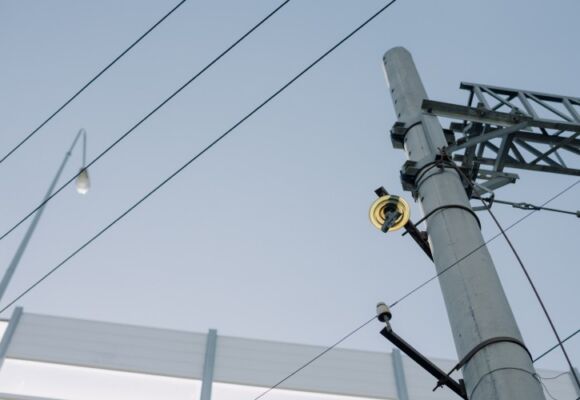The product security and telecommunications infrastructure bill
The legal dispute between telecoms landlords and operators over reductions in telecoms rents under the Code to Digital Economy Act 2017 has raged for several years. This has caused a significant delay in 5G rollout.
The Government have now intervened. Legislative changes are afoot.
The Government’s response to the “Access to Land: Consultation on Changes to the Electronic Communications Code”, which closed on 24th March 2021, has arrived.
The draft Product Security and Telecommunications Infrastructure Bill, introduced to the House of Commons on 24th November 2021, now makes it way through Parliament.
What changes can we expect?
Occupiers
Following the celebrated telecoms cases of Compton Beauchamp and Ashloch a notorious problem with the Code in its present form is the extent to which it precludes operators in situ (or occupation) from seeking to claim new Code rights under paragraph 20.
If enacted, the Bill would broaden the scope of operators to use paragraph 20 to gain fresh Code rights with operators in situ being able to apply for new Code rights against another party (such as a telecoms management company/holding company) which exercises powers of management and control over the land.
Renewal of telecoms leases protected by the Landlord & Tenant Act 1954
Currently an operator if protected by the 1954 Act must use the renewal procedures under the 1954 Act rather than Part 5 of the Code. Rents assessed under Section 34 of the 1954 Act on the basis of “open market” valuation are likely to be higher than those assessed on the basis of “no network assumption” under paragraph 24 of the Code.
Under the proposed Bill, the renewal rent under the 1954 Act would be assessed on a basis identical to that contained in paragraph 24 of the Code. This will eliminate the currently perceived benefit for landlords who deliberately seek to use the 1954 Act on renewals.
There may however be a potential gap in the new provisions. They only apply where the operator has a “subsisting agreement” as defined in the Code’s Transitional Provisions, and this must be in writing. As such any unwritten periodic tenancy acquired during a period of holding over could still potentially be renewed with rents assessed under the 1954 Act “open market” criteria. Further litigation seems likely.
Alternative dispute resolution
Operators will now be under a duty to consider ADR before making a court application in order to settle disputes. Operators will be required to make landowners aware that ADR is available and also have a complaints procedure in place.
Rights to upgrade and share apparatus
Existing rights for operators to upgrade and share equipment installed before the new Code came into force are to continue to remain provided that there is no more than a “minimal impact” on the landowner.
Conclusion
The devil will of course be in the detail. Waldrons will be tracking the legislation as it makes its way through Parliament. How far it will resolve the log-jam of uncompleted telecoms renewals (and consequential delay in 5G rollout) waits to be seen. A huge backlog of unresolved telecoms renewals remain.
Further litigation is inevitable.
Tim Clark is a Solicitor a Head of Telecoms at Waldrons Solicitors. Contact: propertyconsultancy@waldrons.co.uk . Telephone: 01384 811811. Waldrons act exclusively for landlords and landowners against telecoms operators.
